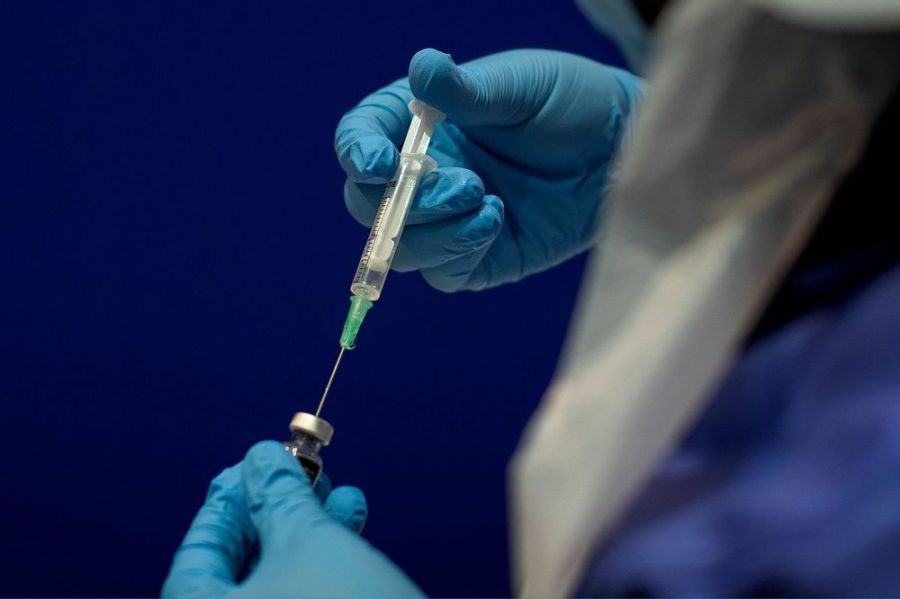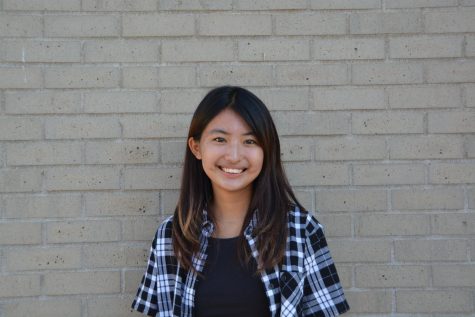Pfizer Continues its Development of a COVID-19 Vaccine
December 18, 2020
Pfitzer and BioNTech released reports on Nov. 9 that their COVID-19 vaccine, BNT162b2, was found to be 90 percent effective. Since then, the vaccine has been reported to be 95 percent effective on Nov. 18 after their phase three trial.
Dr. Ugur Sahin (co-founder of BioNTech) and Dr. Özlem Türeci (Chief Medical Officer of BioNTech), began to develop the COVID-19 vaccine in January, after hearing news of the virus spreading in China. In March, BioNTech and Pfizer started their collaboration on the vaccine.
“There are not too many companies on this planet which have the capacity and the competence to do it so fast as we can do it. So it felt not like an opportunity, but a duty to do it, because I realized we could be among the first to come up with a vaccine,” Dr. Sahin said in an interview with New York Times.
The trial for the vaccine consisted of nearly 44,000 participants. 94 of the participants had confirmed cases of COVID-19. The participants were given either the vaccine or the placebo, and only the independent board running the trial knew who received the placebo or the vaccine. With the blind trial, the study was able to find the vaccine 90 percent effective in preventing COVID-19.
The vaccine requires two dosages and must be given a few weeks apart. The side effects include aches and fevers.
“I had a headache and a lot of fatigue, injection site pain…maybe three to four days,” explained Glenn Deshields, a test participant. “I think I took some Advil, and they basically cleared up.”
Despite the side effects, he recommended people to take the vaccine when it becomes available for others.
Currently, Pfizer is waiting for authorization from the Food and Drug Administration for Emergency Use Authorization by the end of November.
The companies are expected to distribute the vaccine to 15 to 20 million people by the end of the year and in general, distribute 1.3 billion doses per year.
“Exactly, who will qualify for the initial doses has not been decided, but groups that are at higher risk for infection, or are more vulnerable to the virus, are likely to get a priority” (New York Times).
There are certain concerns about this COVID-19 vaccine. Many researchers were initially concerned if the vaccine would work on older people safely. Recent reports stated older people will be able to use the vaccine, but further research must be done. There are concerns for the distribution process especially in rural areas, and if people are even willing to take the vaccine.
Pfizer is working to begin their distribution throughout the country in cold storage needed to transport the vaccine.
“We will rely on professionals across the full spectrum of the supply chain from the military to civilian sector manufacturers, distributors…transportation providers…and the health care organizations called upon to achieve this Herculean effort,” said Tom Goldsby, a logistics professor at the University of Tennessee (NBC News).
As Pfizer and BioNTech wait for FDA’s approval, Dr. Albert Bourla (Pfizer Chairman and CEO) stated, “I believe this is likely the most significant medical advance in the last 100 years, if you count the impact this will have on public health, global economy.”

